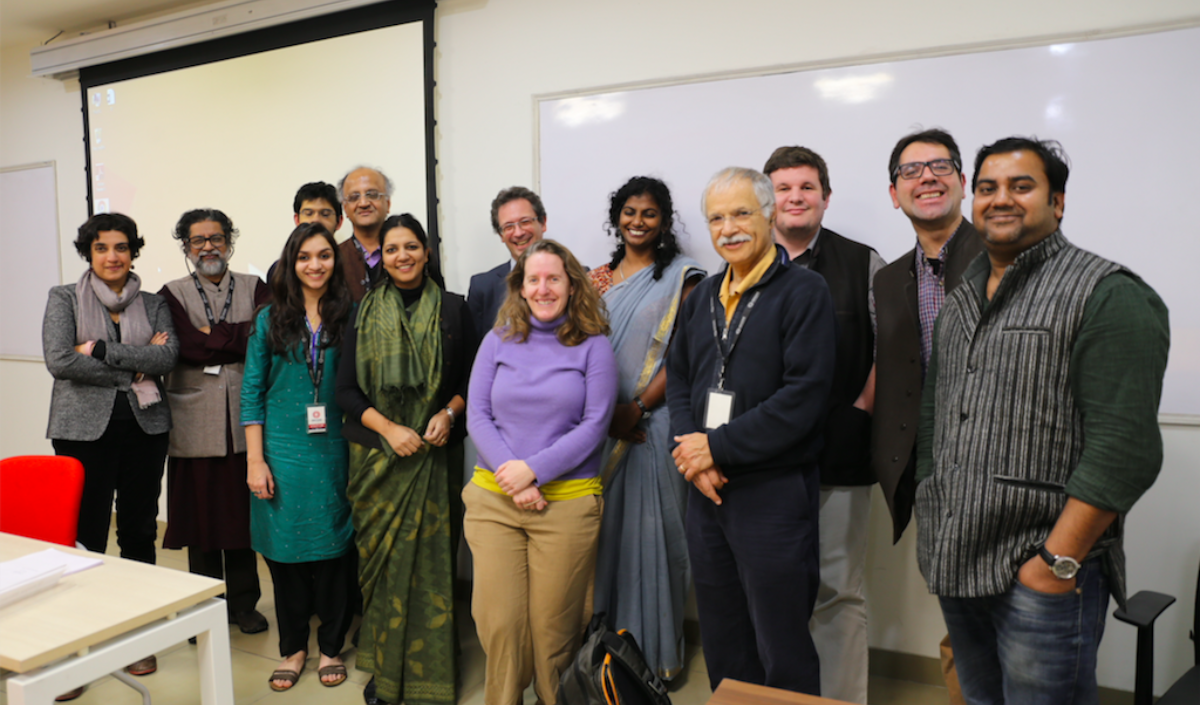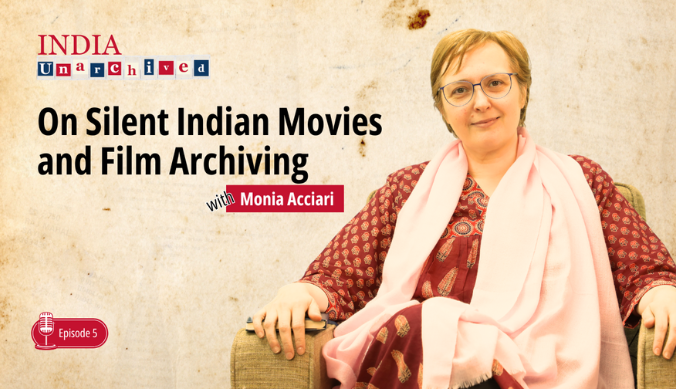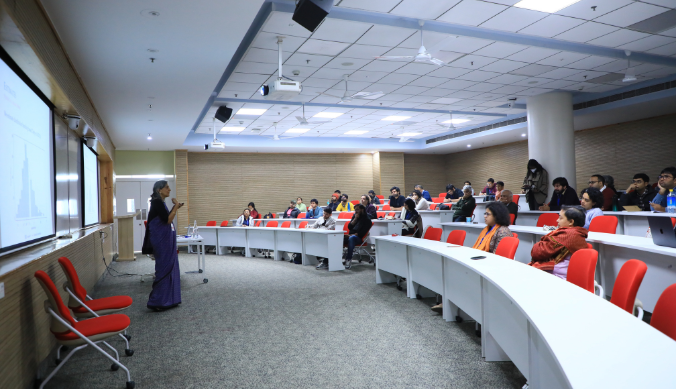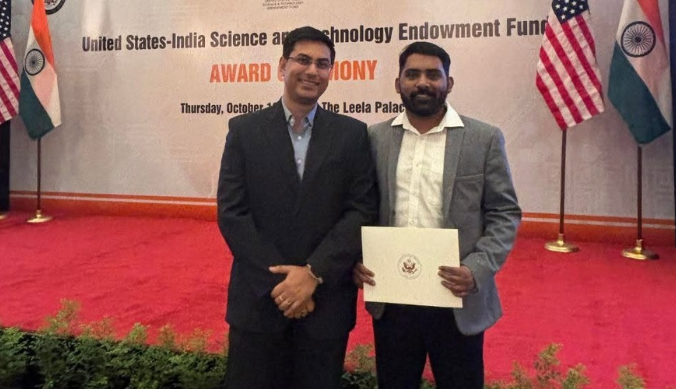Ashoka University hosts a conference on ‘Conservatism in India’
Over the course of the two-day programme, various parallels were brought into the picture, as the word “Conservatism” surfaced.

Office of PR & Communications
14 December, 2016 | 5 Mins readIn partnership with the Alliance Program, Ashoka University hosted ‘Conservatism in India’ on the 12th and 13th of December 2016, a conference that aimed to bring into light the work done by scholars across the world. Over the course of the two-day programme, various parallels were brought into the picture, as the word “Conservatism” surfaced.
The conference started with a discussion on the idea of conservatism, and how it has manifested in various spheres, whilst keeping India in context. The sessions had scholars present their work, along with a discussion as well as a Q&A time , where other scholars could interact with the presenter. Right from conservatism in Kerala, to the idea of imperial conservatism, it was seen that the participants were fascinated by the innateness of this concept, and how it has been internationalised over centuries.
Sharika Thiranagama, a scholar from Stanford University, presented her paper on ‘The slow arc of emancipation? Communism and Dalit Lives in Kerala’, and addressed the problems of inclusion when new identities break out through political transformations. While addressing the impact of caste, she asked if transformations in caste practices is truly a sign of transformation, or whether policies that are enforced today are just a sign of accommodation, so these don’t have to be addressed.
In the succeeding sessions, ideas of conservatism and its unravelling in early independent India, conservatism in revolutionaries, as well as ideas of conservatism in the contemporary political space were addressed.
Dan Naseemullah,a speaker from King’s College, spoke about the idea of reforms, and said “ Social reforms should happen in society itself”, and a majority of speakers echoed that state intervention was not really a sustainable way to address reforms.
Gilles Verniers, from Ashoka University, was the concluding presenter, and spoke about conservatism in secular political parties. Along the course of his speech, he identified an aspect of conservatism, and said, “Conservatism is not just protection of the past,it also extends to the protection of the present”.
Study at Ashoka















